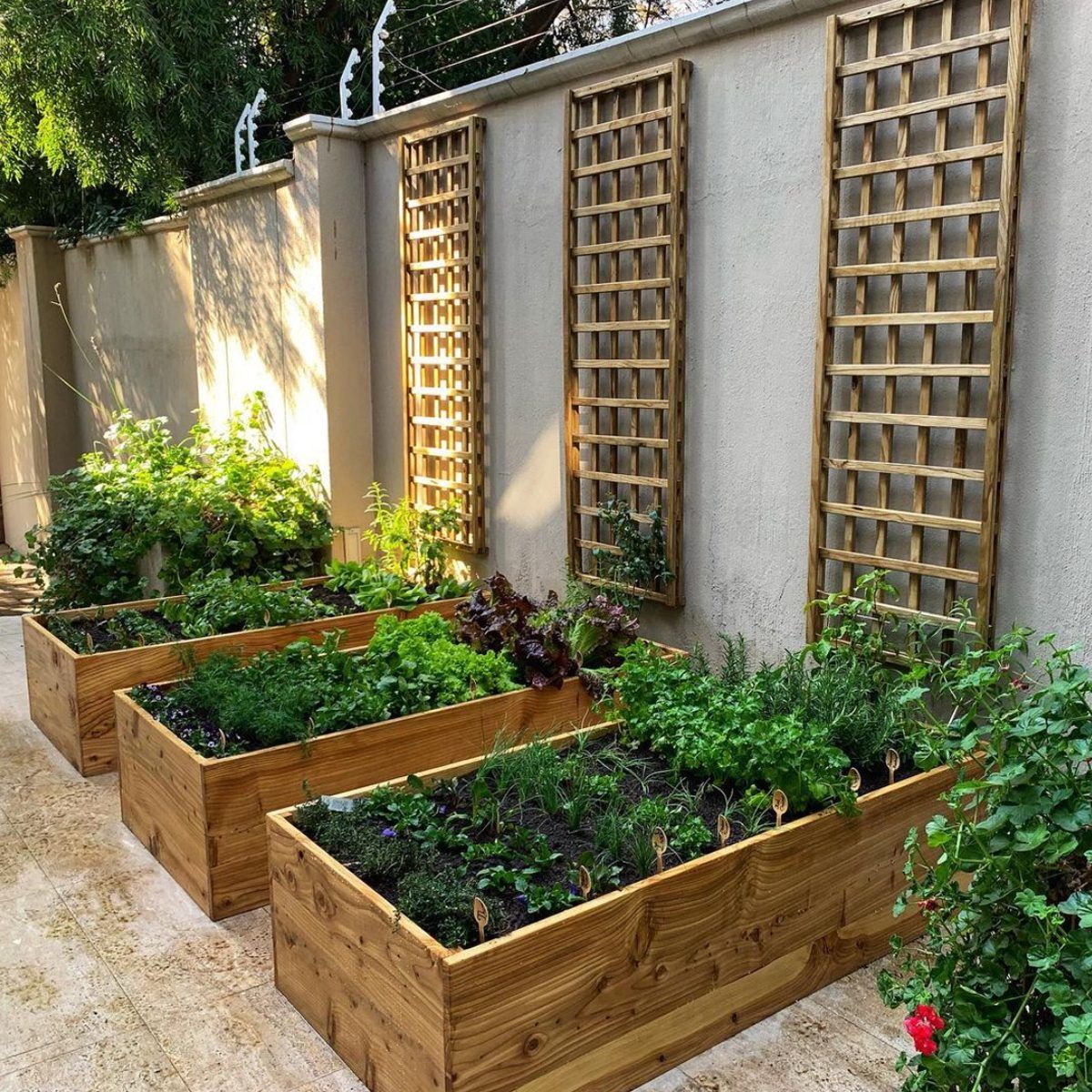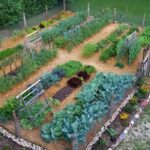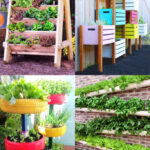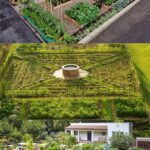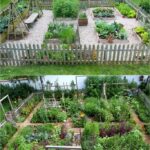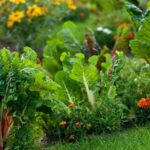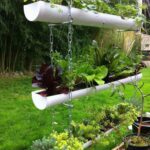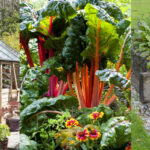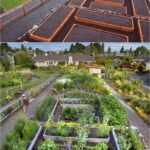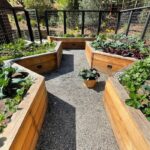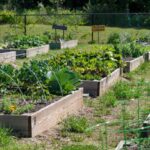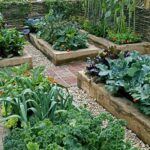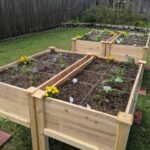Starting a veggie garden is a great way to save money and have fresh, organic produce right at your fingertips. There are many different ways to plan and design your garden to maximize space and yield. Here are some veggie garden ideas to inspire you to get started on your own thriving garden.
One popular idea for a veggie garden is using raised beds. Raised beds are a great way to keep your plants contained and make it easier to control weeds and pests. They also provide better drainage for your plants, which can lead to healthier growth. You can build raised beds out of wood, stone, or even recycled materials like old pallets.
Another idea for a veggie garden is to use vertical gardening techniques. Vertical gardening involves growing plants up trellises, fences, or other structures instead of out on the ground. This can save space and make it easier to harvest your veggies. You can grow vine plants like tomatoes, cucumbers, and beans vertically to maximize your garden’s productivity.
Companion planting is a great veggie garden idea that involves planting different types of plants together that benefit each other. For example, planting marigolds alongside tomatoes can help repel pests, while planting basil near tomatoes can improve the flavor of the fruit. Companion planting can help maximize your garden’s yield and reduce the need for pesticides.
Using container gardening is another great idea for a veggie garden, especially if you have limited space. You can grow a wide variety of vegetables in containers, from tomatoes and peppers to herbs and salad greens. Make sure your containers have good drainage and are large enough for the plants to grow. Container gardening is also a great option for renters or people with limited mobility.
Consider incorporating edible flowers into your veggie garden for both beauty and functionality. Flowers like nasturtiums, calendula, and pansies are not only beautiful but also edible. They can add a pop of color to your garden and can be used in salads, desserts, and as garnishes. Edible flowers can attract pollinators to your garden and help improve overall plant health.
Finally, consider planting a variety of veggies in your garden to ensure a continuous harvest throughout the growing season. Mix in fast-growing crops like radishes and salad greens with longer-growing plants like tomatoes and peppers to keep your garden producing all summer long. Rotate your crops each season to help prevent diseases and improve soil health. With a little planning and creativity, you can have a successful and abundant veggie garden that will provide you with fresh produce all season long.
